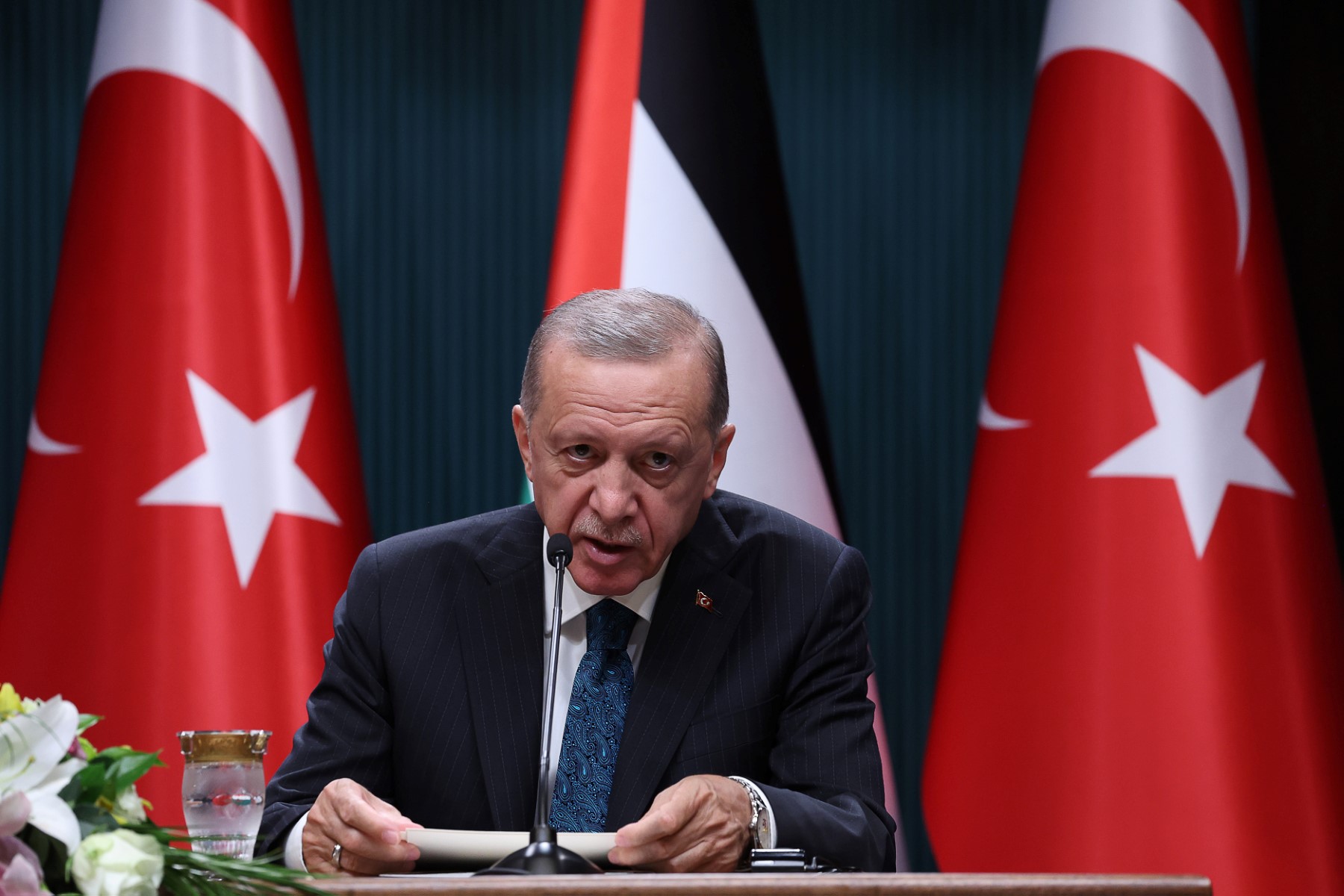Ankara, Turkey – Turkey is engaged in “intensive negotiations” with regional partners to propose an alternative to the India-Middle East trade corridor plan agreed upon at the recent G20 summit, Financial Times reported on Sunday. The country aims to reinforce its historical role as a vital transport route for goods moving from Asia to Europe.
“Ankara has instead touted an alternative called the Iraq Development Road initiative, with Fidan (Turkish foreign minister Hakan Fidan) insisting “intensive negotiations” were underway with Iraq, Qatar and the UAE about a project that would be forged “within the next few months,” the Financial Times reported.
“The proposed $17bn route would take goods from the Grand Faw port in oil-rich southern Iraq through 10 Iraqi provinces and into Turkey, according to diagrams released by the Baghdad government.”
The project will utilize a high-speed rail and road network and is divided into three phases, with the final phase expected to be completed by 2050.
Turkey has expressed reservations about the proposed India-Middle East route, which would transport goods from India through the United Arab Emirates, Saudi Arabia, Jordan, and Israel to European markets, effectively bypassing Turkey. President Recep Tayyip Erdoğan insisted that “there can be no corridor without Turkey” and emphasized that the most suitable trade route from east to west should pass through Turkey.
However, analysts have raised concerns about the feasibility of the Development Road project, citing financial and security challenges. Turkey may require support from the UAE and Qatar to fund the infrastructure, and the Gulf states would need convincing of the project’s profitability. Also, security and stability issues in Iraq could threaten both construction and the project’s long-term viability.
While Turkey seeks to balance its relations with the US, EU, Russia, and China, its role in China’s Belt and Road Initiative has been limited. Turkey has generally been supportive of the initiative, but its participation has been modest in comparison to other countries.
“Erdoğan may get an opportunity to make his case as soon as next week, if he meets US counterpart Joe Biden on the sidelines of next week’s UN General Assembly,” the Financial Times reported.
Earlier, Erdogan has said that the India-Middle East trade corridor proposed during the G20 summit in India could not be established without Turkey’s involvement.
“We say that there is no corridor without Turkey. Turkey is an important production and trade base,” Erdogan said. “The most convenient line for traffic from the east to west has to pass through Turkey.”
He highlighted Turkey’s significance as a strategic location bridging the gap between the Middle East and Europe.

